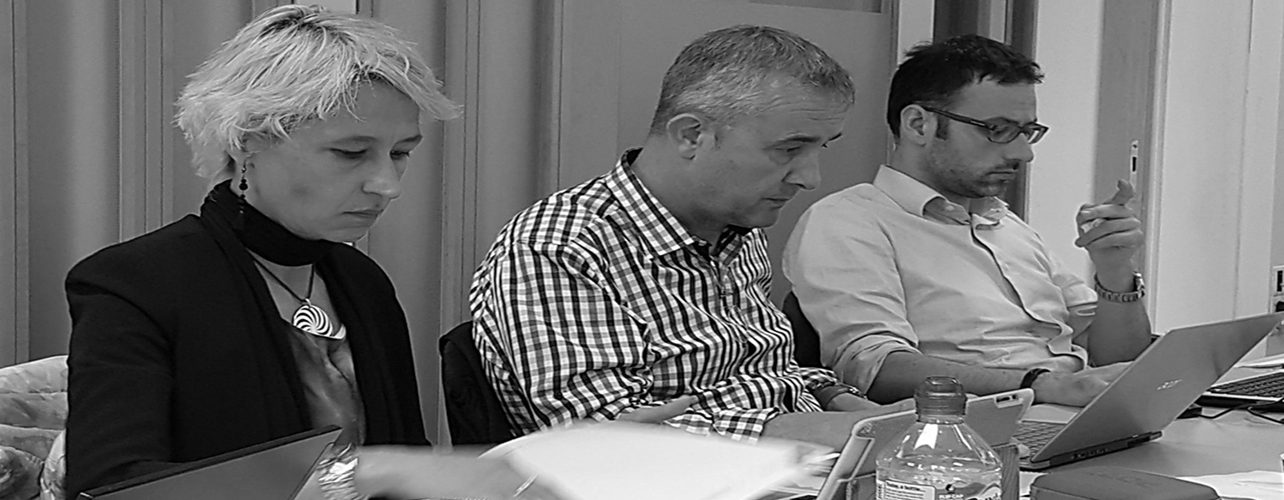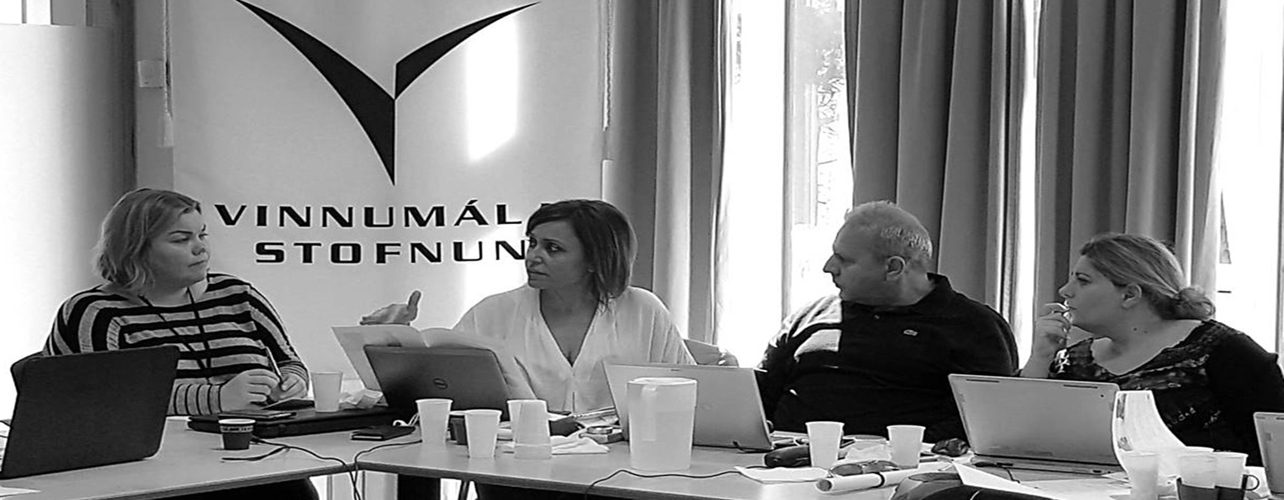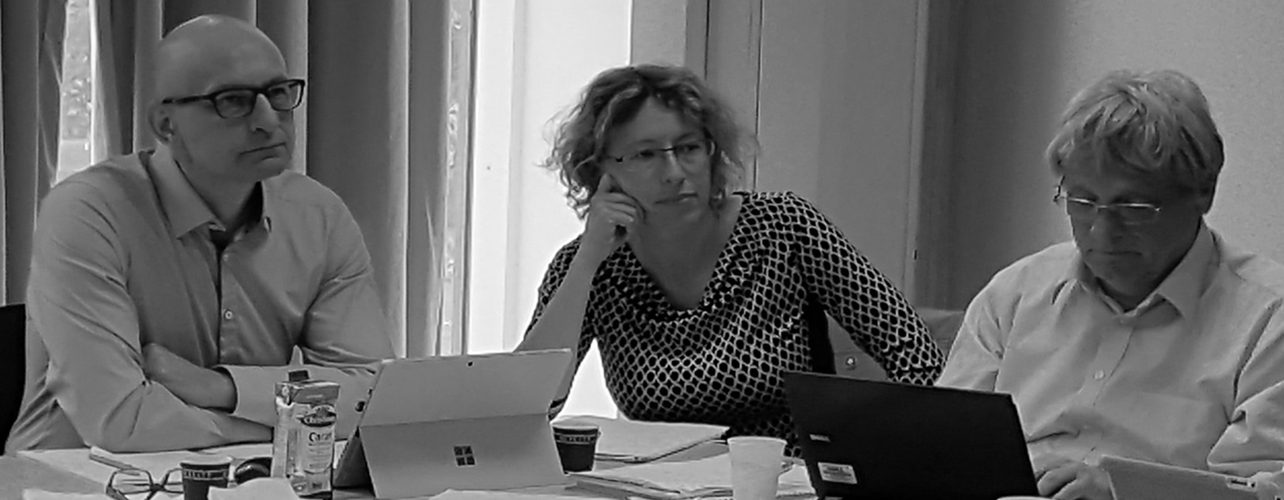Based on the agreed Occupational Profile and Standards, a common Curriculum Programme has been designed, developed and tested. Using an action-learning approach in which Job Brokers work together with facilitators and trainers to develop their skills, it incorporates a series of practical sessions along with a supporting Resource Pack/Tool Kit. The Curriculum Programme includes the following modules:
- A General Module that looks at the current EU labour market context and how the JB role needs to be adapted.
- Working Effectively with Employers: How to become an effective JB. This module includes marketing job-seekers to employers, using employer feedback to improve service, advising employers on recruitment and ‘in work support’ for new recruits, how to establish and maintain good relationships with employers and achieve employer satisfaction and public funding incentives for employers.
- Working with Job-seekers: This module covers how to conduct Initial Assessments and Development Action Plans, how to prepare job-seekers for work, matching job-seekers and vacancies, how to keep job-seekers motivated, using ICT tools to do the initial matching, and how to support successful job seekers to ensure sustainable employment outcomes.
- Effective Project Management: Examples include; how to market and promote the service to employers and job-seekers, dealing with conflict, effective networking with services, stakeholders (internal and outside agencies) and the importance of information management.
The curriculum is based upon a set of flexible, yet comprehensive training materials, including list of modules, learning activities, supporting resources, exercises. The approach has been developed and tested via two Train the Trainers in Berlin and Larissa and with Working Groups in each country (targeted at existing JBs/Job/Career Counsellors).
These materials are highly participative and not static learning, with Job Brokers identifying and defining their own aims and areas for development and addressing these through a range of active, participative and flexible learning activities. It consists of general learning objectives and includes discussion topics designed to promote Peer-to-Peer exchanges through shared learning experiences. Additionally, the learning materials are progressive and encourage participants to continue to develop their skills by sharing best practise ideas with other professionals within the partnership. They also include an Initial Needs Assessment to be completed by all participants to help to identify the most appropriate methods and levels of learning activity and ensure that the teaching is ‘learner centred’ and adapts to meet the individual needs.



